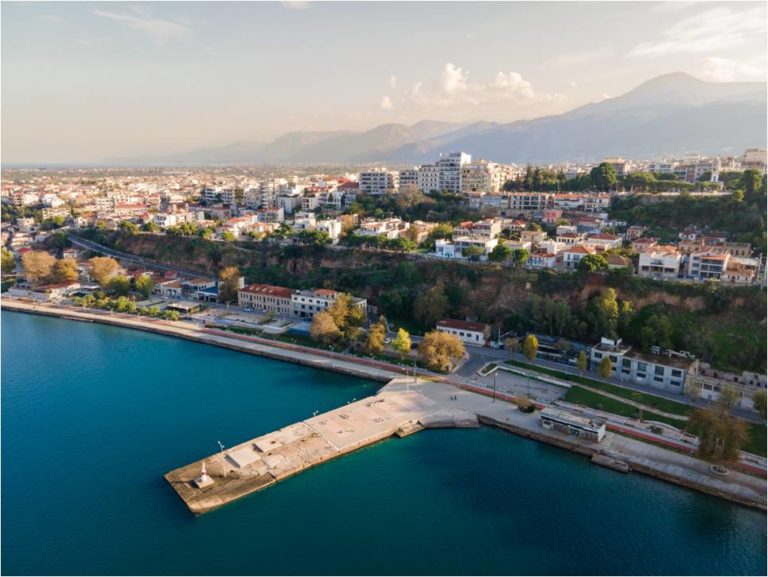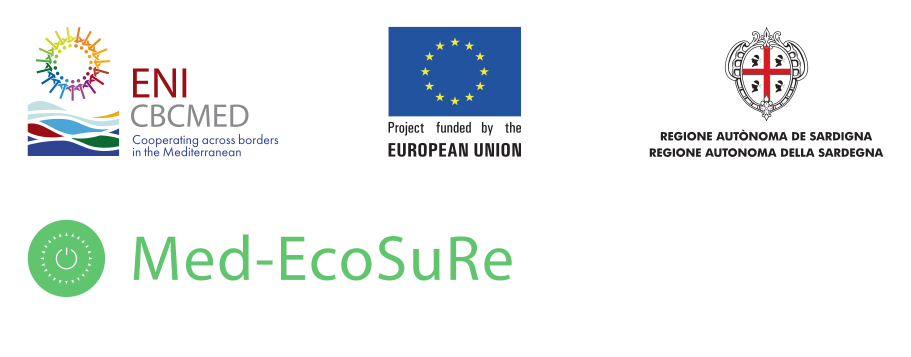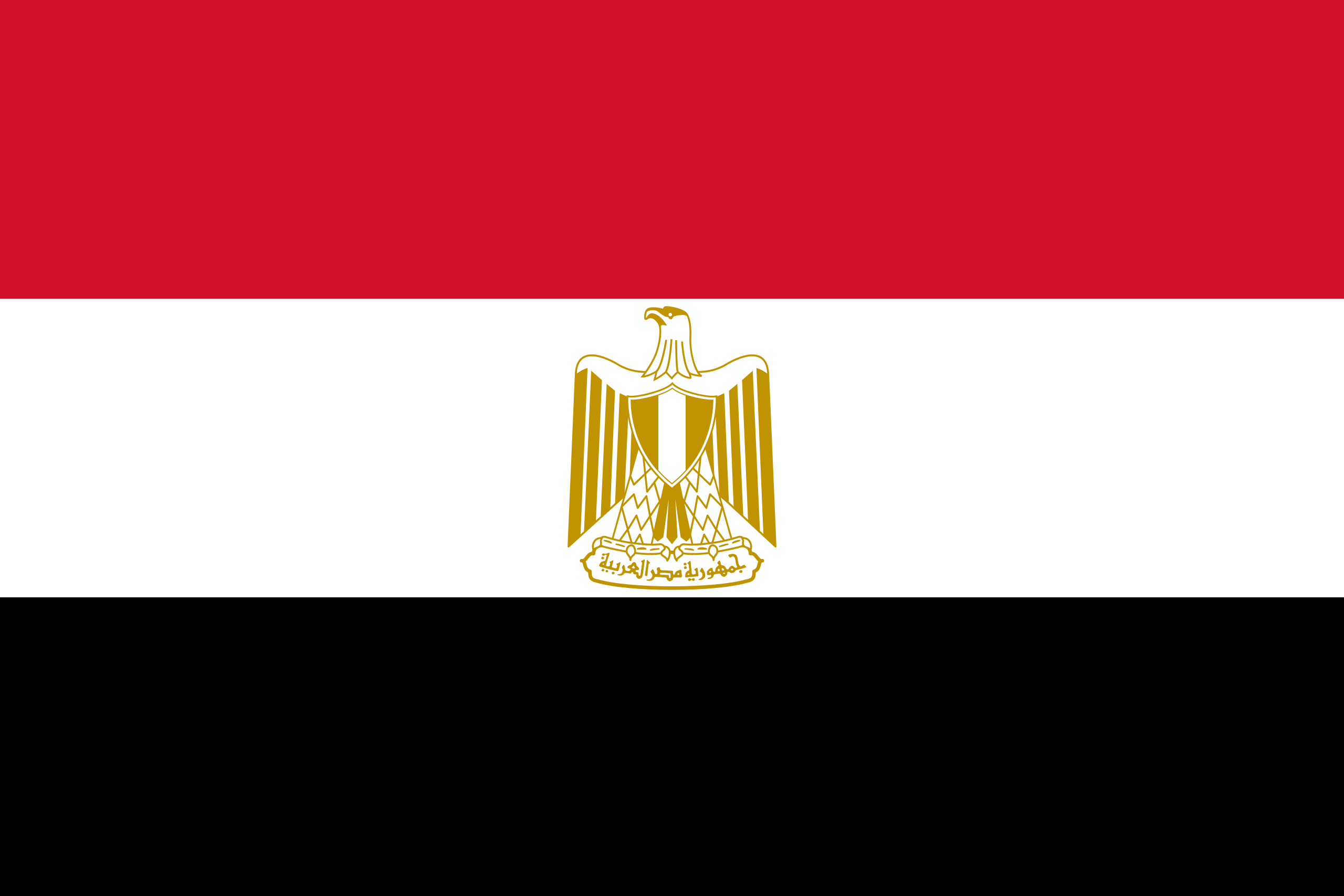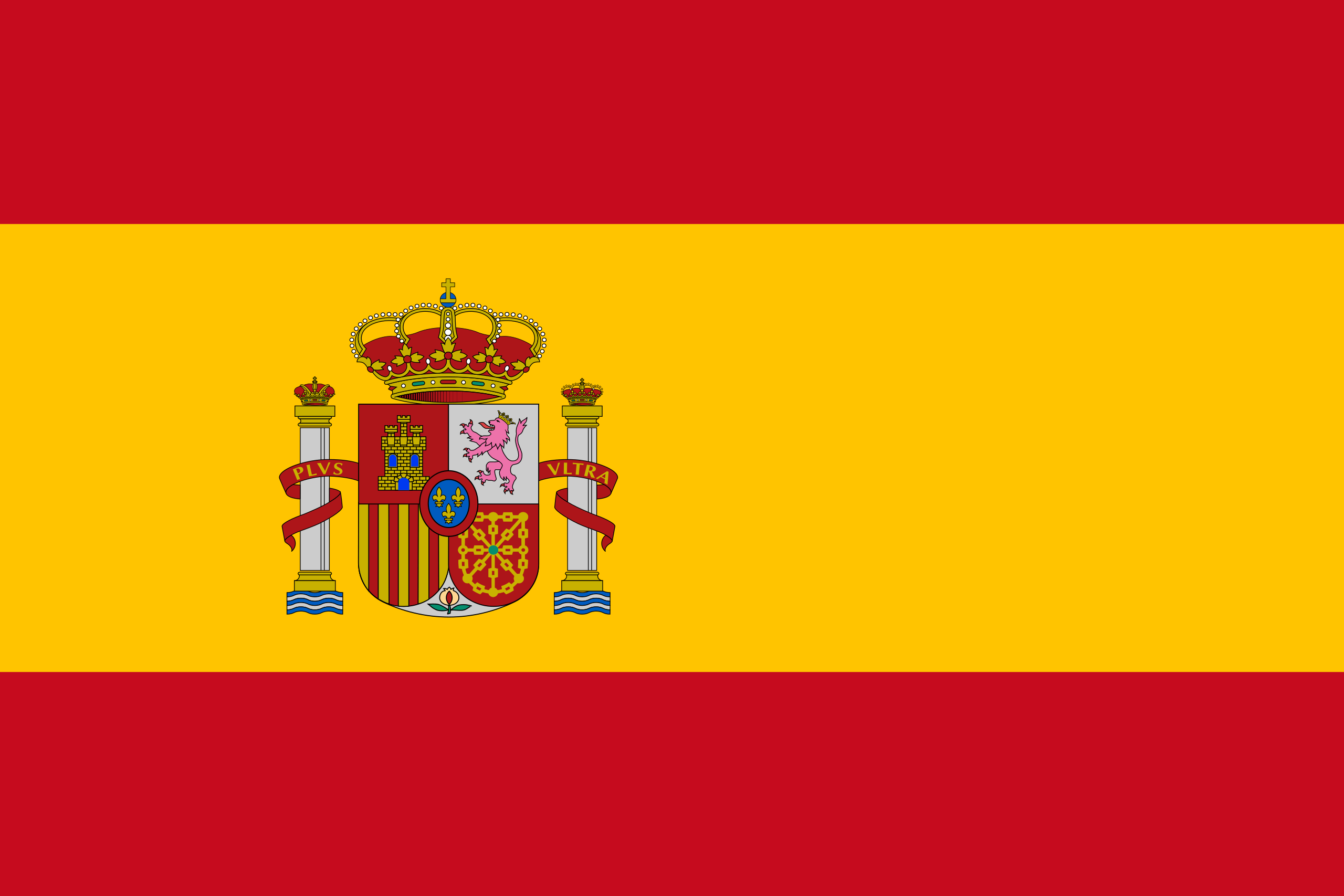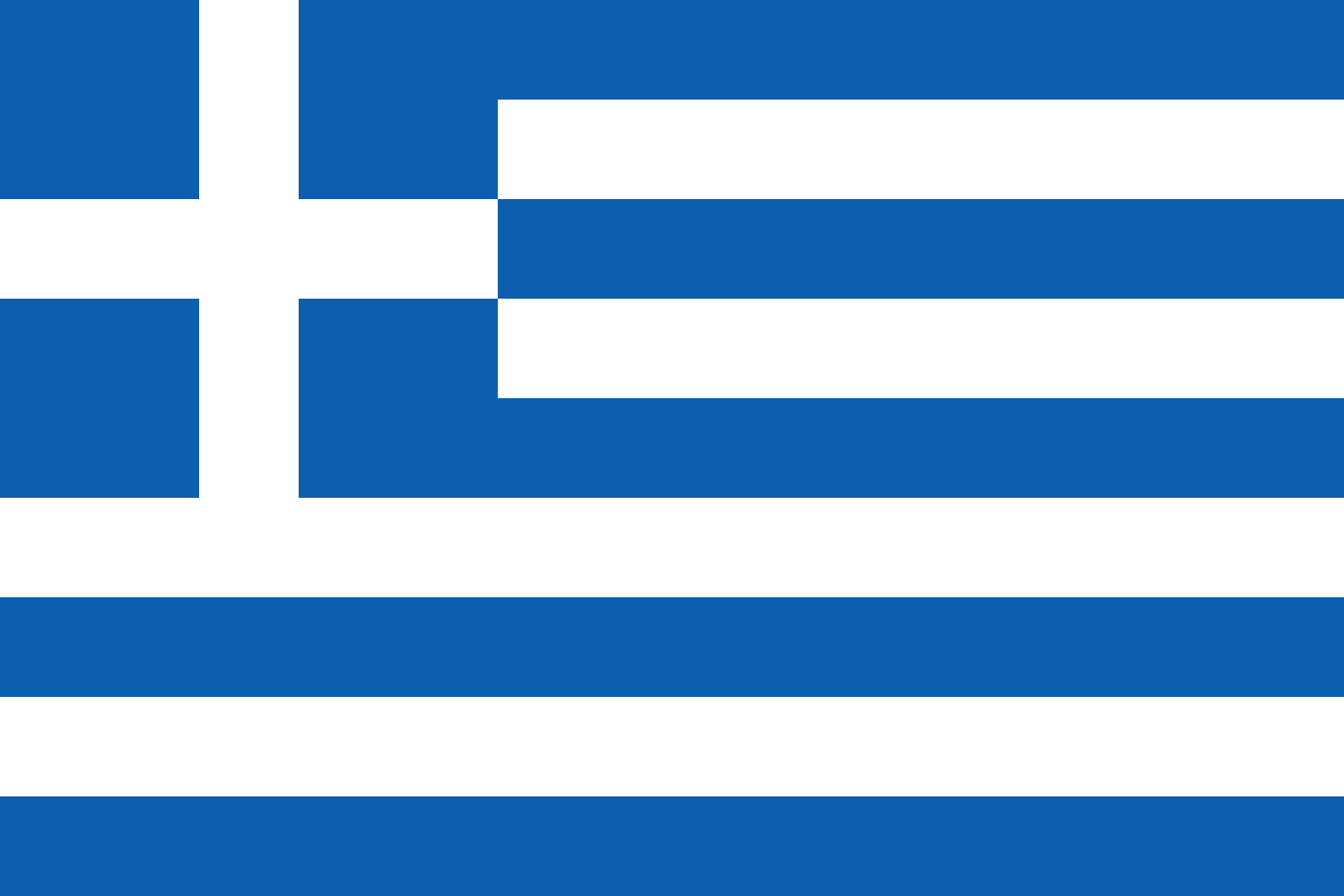
Greece Pilot
The
Municipality of Aigialeia has been selected for implementing SEACAP 4 SDG phase
1 activities, i.e. to utilize project’s toolkit towards the update of SECAP
and/or another energy-mix plan. The pilot action implemented by the external
consultant for the Greek case refers to the following activities:
–
Review of the SEACAP 4 SDG toolkit in relation to the needs of the
Municipality
–
Selection of the optimal tools for the Municipality to use which will
help to plan transition to low carbon economies through exploitation of local
energy plans
–
Use of the selected tools for showcasing the best ways to update the
Municipality’s SECAP and also to respond to the ongoing challenges imposed by
the legal framework specifically regarding the energy-efficiency improvement of
the public-building stock
–
Training to Municipality’s responsibles on planning energy efficiency
measures for Municipal buildings
The major goal is to
finally produce a report which embeds SECAP contents in accordance to CoM
platform, completed with priority Municipal buildings’ data and KPIs for
scenarios of energy efficiency improvements towards a gradual energy upgrading
plan. The report shall also include aspects of the Climate vulnerability
sections as required by the SECAP, as well as coherence with the Ministerial
guidelines for developing the building energy efficiency action plan in the
framework of the energy efficiency L.4843/2021.
The actions
planned to achieve pilot goals are as follows:
–
Elaboration of the existing SEAP of the Municipality towards setting up
the energy balance of the existing situation, and specifically to extract KPIs
for the public building stock
–
Identification of priority Municipal buildings based on the existing 2019
1st version of the building energy efficiency action plan. The plan
identifies 10 Municipal buildings which are of priority for energy upgrading
projects. These buildings is adopted in the current project as the pilot sample
for demonstrating SECAP improvements using SEACAP 4 SDG toolkit
–
The KPIs produced by utilizing the selected SEACAP 4 SDG tools are
further used to complete the required CoM platform for paving the way for the
transition of the current SEAP to a SECAP in accordance to the new CoM for Climate
and Energy
Finally, instructions are
provided on how to use the selected tools and produced KPIs for updating the 1st
version of the building energy efficiency action plan in compliance with the
guidelines in the framework of Article 6 of L. 4843/2021.
After thorough review of the
available tools from the project toolkit, the Municipality selected the IMPULSE
(Interreg MED 2014-2020) tools to use to conduct pilot actions planned, for the
following major reasons:
•
Provision of Templates for recording energy-related data for all
buildings and for grouping buildings into representative Typologies.
•
Special MS excel tool for automatic projection of KPIs from one
Typology Ambassador building to all buildings of the same Typology, which
accelerates the production of KPIs’ database for the whole building stock.
•
Include a Specialized MS excel tool which automatically provides the
energy renovation plan i.e. which
buildings and what measures to implement each year.
•
A practical Financial-scheme assessment tool is also included which estimates financial progress of
utilizing alternative financial schemes.
They are recommended by the Greek Ministry
for Energy and Environment for the conduction of Municipal building energy
efficiency plans in the framework of Art.6-L.4843/2021.
So
far, the following results have been achieved:
–
An updated SECAP draft report in compliance
with the contents and guidelines of the new CoM for Climate and Energy, with
completed sections for the selected priority buildings.
–
The SECAP also includes the required sections
with instructions on how to conduct climate-vulnerability assessment.
–
Instructions on how to use IMPULSE tools for
updating the building energy efficiency action plan in the framework of L.4843/2021.
–
A baseline emission inventory completed for
the priority buildings revealing CO2 emissions around 430 tns due to
consumption of conventional energy sources
–
Recommended interventions including feasible
deep retrofits towards NZEB priority buildings, educational and office
buildings, associated with cost indicators.
–
A gradual renovation plan is concluded
referring to: (a) Estimated total investment: € 3 Million; (b) Primary
energy savings: 1.877 MWh; (c) Avoided CO2 emissions: 412 tns; (d) Estimated attenuation
period: 18 yrs.
–
Financial processing further showed that even
at the worst scenario or limited subsidies, a margin of around € 2 Million is
feasible to be covered by loan-type funds.
